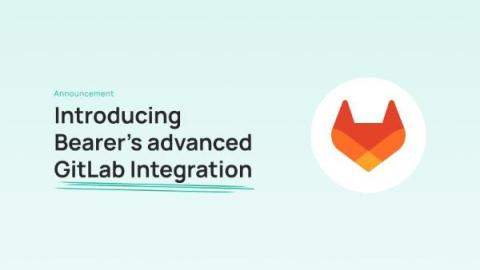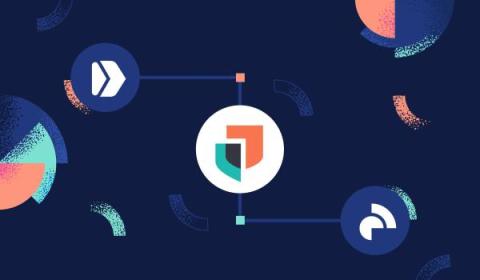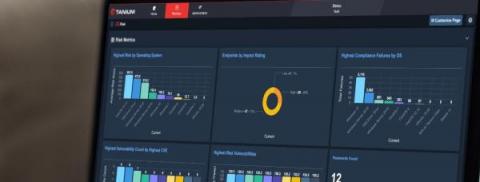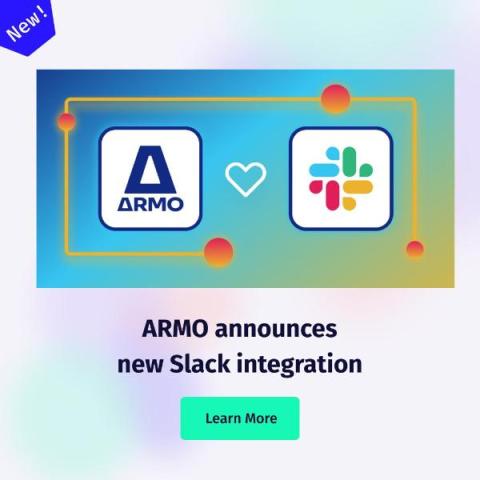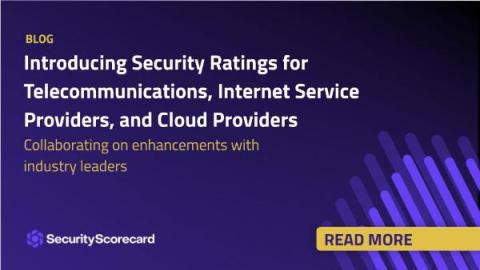Security | Threat Detection | Cyberattacks | DevSecOps | Compliance
Product Release
Integrating JFrog Artifactory with Amazon SageMaker
Today, we’re excited to announce a new integration with Amazon SageMaker! SageMaker helps companies build, train, and deploy machine learning (ML) models for any use case with fully managed infrastructure, tools, and workflows. By leveraging JFrog Artifactory and Amazon SageMaker together, ML models can be delivered alongside all other software development components in a modern DevSecOps workflow, making each model immutable, traceable, secure, and validated as it matures for release.
NEW! Elastic Security 8.12: AI Assistant alert insights, onboard major CSPs
The Debut of the Industry-First API Security Posture Management Engine
Introducing the Cyber Resilience Scorecard
This week at the World Economic Forum Annual Meeting, SecurityScorecard published the first Cyber Resilience Scorecard, offering leaders and decision-makers a comprehensive and global view of global cyber risk. SecurityScorecard identified a strong correlation between a country’s cyber risk exposure and GDP, which underscores that a nation’s economic prosperity is deeply intertwined with its ability to navigate the complex landscape of cyber threats.
Enhanced Collaboration: Internxt's Brand New File-Sharing Features
Announcing Tanium Benchmark 2.6
Streamlining IT operations and bolstering your cybersecurity posture.
ARMO announces new Slack integration
Introducing Security Ratings for Telecommunications, Internet Service Providers, and Cloud Providers
Telecommunications, Internet Service Providers, and Cloud Providers are some of the most critical sectors on the planet. They enable global connectivity, provide access to a wealth of information in real time, and transform business operations. As the foundation of modern communication, these industries have ushered in countless innovations and propelled society forward.
Keeper Security Introduces Granular Sharing Enforcements
Keeper Security is excited to introduce Granular Sharing Enforcements for all products in the Keeper® platform. This feature, an extension of Keeper’s robust existing sharing policies, enables administrators to apply detailed restrictions for record creation and sharing to user roles. By doing so, Keeper Admins can easily enforce the principle of least privilege and simplify compliance.


